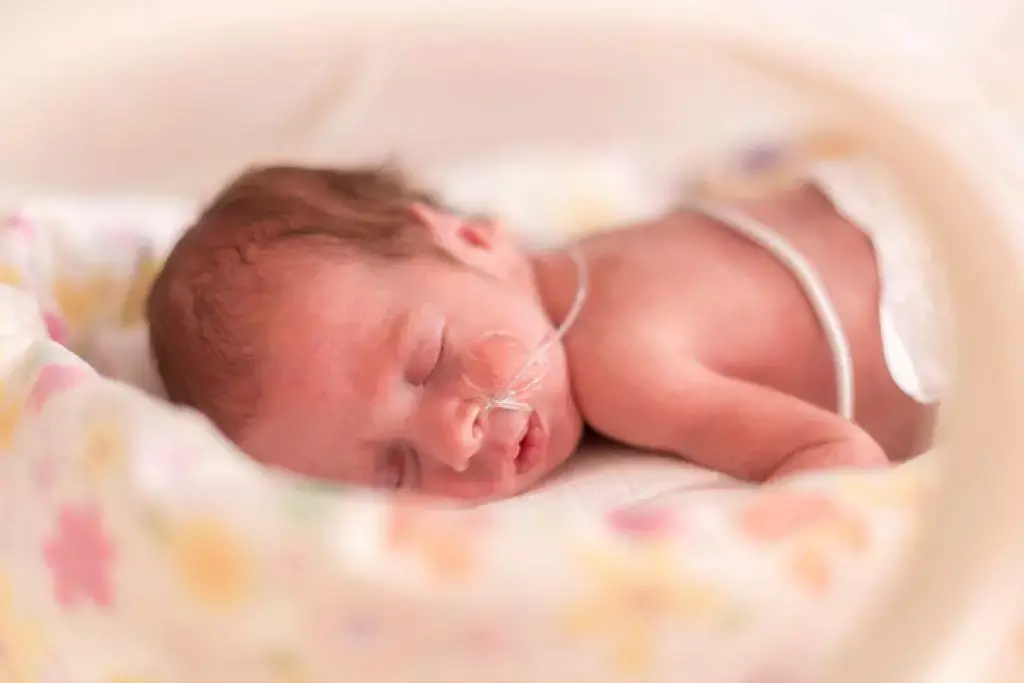- Home
- Medical news & Guidelines
- Anesthesiology
- Cardiology and CTVS
- Critical Care
- Dentistry
- Dermatology
- Diabetes and Endocrinology
- ENT
- Gastroenterology
- Medicine
- Nephrology
- Neurology
- Obstretics-Gynaecology
- Oncology
- Ophthalmology
- Orthopaedics
- Pediatrics-Neonatology
- Psychiatry
- Pulmonology
- Radiology
- Surgery
- Urology
- Laboratory Medicine
- Diet
- Nursing
- Paramedical
- Physiotherapy
- Health news
- Fact Check
- Bone Health Fact Check
- Brain Health Fact Check
- Cancer Related Fact Check
- Child Care Fact Check
- Dental and oral health fact check
- Diabetes and metabolic health fact check
- Diet and Nutrition Fact Check
- Eye and ENT Care Fact Check
- Fitness fact check
- Gut health fact check
- Heart health fact check
- Kidney health fact check
- Medical education fact check
- Men's health fact check
- Respiratory fact check
- Skin and hair care fact check
- Vaccine and Immunization fact check
- Women's health fact check
- AYUSH
- State News
- Andaman and Nicobar Islands
- Andhra Pradesh
- Arunachal Pradesh
- Assam
- Bihar
- Chandigarh
- Chattisgarh
- Dadra and Nagar Haveli
- Daman and Diu
- Delhi
- Goa
- Gujarat
- Haryana
- Himachal Pradesh
- Jammu & Kashmir
- Jharkhand
- Karnataka
- Kerala
- Ladakh
- Lakshadweep
- Madhya Pradesh
- Maharashtra
- Manipur
- Meghalaya
- Mizoram
- Nagaland
- Odisha
- Puducherry
- Punjab
- Rajasthan
- Sikkim
- Tamil Nadu
- Telangana
- Tripura
- Uttar Pradesh
- Uttrakhand
- West Bengal
- Medical Education
- Industry
Antenatal steroids reduce need for respiratory support in preemies, Finds study

According to recent research, it has been found out that antenatal corticosteroids (ANC) exposure reduced need for respiratory support, and increased the risk of hypoglycaemia in late preterm neonates, as published in the PLOS ONE Journal.
Administration of antenatal corticosteroids (ANC) for impending preterm delivery beyond 34 weeks of gestation continues to be a controversial issue despite various guidelines for obstetricians and gynaecologists.
Hence, Mangesh Deshmukh and Sanjay Patole from the Department of Neonatalogy, Fiona Stanley Hospital, Perth, Western Australia, Department of Neonatalogy, St. John of God Hospital, Subiaco, Perth, Western Australia, School of Medicine, University of Western Australia, Perth, Western Australia carried out the present study to compare outcomes following exposure to ANC for infants born between 34–36+6 weeks' gestation.
The authors conducted a systematic review of randomised controlled trials (RCT) that reported neonatal outcomes after ANC exposure between 34–36+6 weeks' gestation using Cochrane methodology. Primary outcomes were set at the need for respiratory support (Mechanical ventilation, CPAP, high flow) or oxygen and hypoglycemia. While, the secondary outcomes included respiratory distress syndrome (RDS), transient tachypnoea of newborn (TTN), need for neonatal resuscitation at birth [only in the delivery room immediately after birth (not in neonatal intensive care unit (NICU)], admission to NICU, mortality and developmental follow up. Level of evidence (LOE) was summarised by GRADE guidelines.
The results highlighted in the study were-
- Seven RCTs (N = 4144) with low to high risk of bias were included.
- Only one RCT was from high income countries, Meta-analysis (random-effects model) showed (1) reduced need for respiratory support [5 RCTs (N = 3844); RR = 0.68 (0.47–0.98), p = 0.04; I2 = 55%; LOE: Moderate] and (2) higher risk of neonatal hypoglycaemia [4 RCTs (N = 3604); RR = 1.61(1.38–1.87), p<0.00001; I2 = 0%; LOE: High] after ANC exposure.
- Neonates exposed to ANC had reduced need for resuscitation at birth.
- The incidence of RDS, TTN and surfactant therapy did not differ significantly.
- None of the included studies reported long-term developmental follow up.
Therefore, the authors concluded that " that ANC exposure reduced need for respiratory support, and increased the risk of hypoglycaemia in late preterm neonates. Large definitive trials with adequate follow up for neurodevelopmental outcomes are required to assess benefits and risks of ANC in this population."
Dr. Nandita Mohan is a practicing pediatric dentist with more than 5 years of clinical work experience. Along with this, she is equally interested in keeping herself up to date about the latest developments in the field of medicine and dentistry which is the driving force for her to be in association with Medical Dialogues. She also has her name attached with many publications; both national and international. She has pursued her BDS from Rajiv Gandhi University of Health Sciences, Bangalore and later went to enter her dream specialty (MDS) in the Department of Pedodontics and Preventive Dentistry from Pt. B.D. Sharma University of Health Sciences. Through all the years of experience, her core interest in learning something new has never stopped. She can be contacted at editorial@medicaldialogues.in. Contact no. 011-43720751
Dr Kamal Kant Kohli-MBBS, DTCD- a chest specialist with more than 30 years of practice and a flair for writing clinical articles, Dr Kamal Kant Kohli joined Medical Dialogues as a Chief Editor of Medical News. Besides writing articles, as an editor, he proofreads and verifies all the medical content published on Medical Dialogues including those coming from journals, studies,medical conferences,guidelines etc. Email: drkohli@medicaldialogues.in. Contact no. 011-43720751


